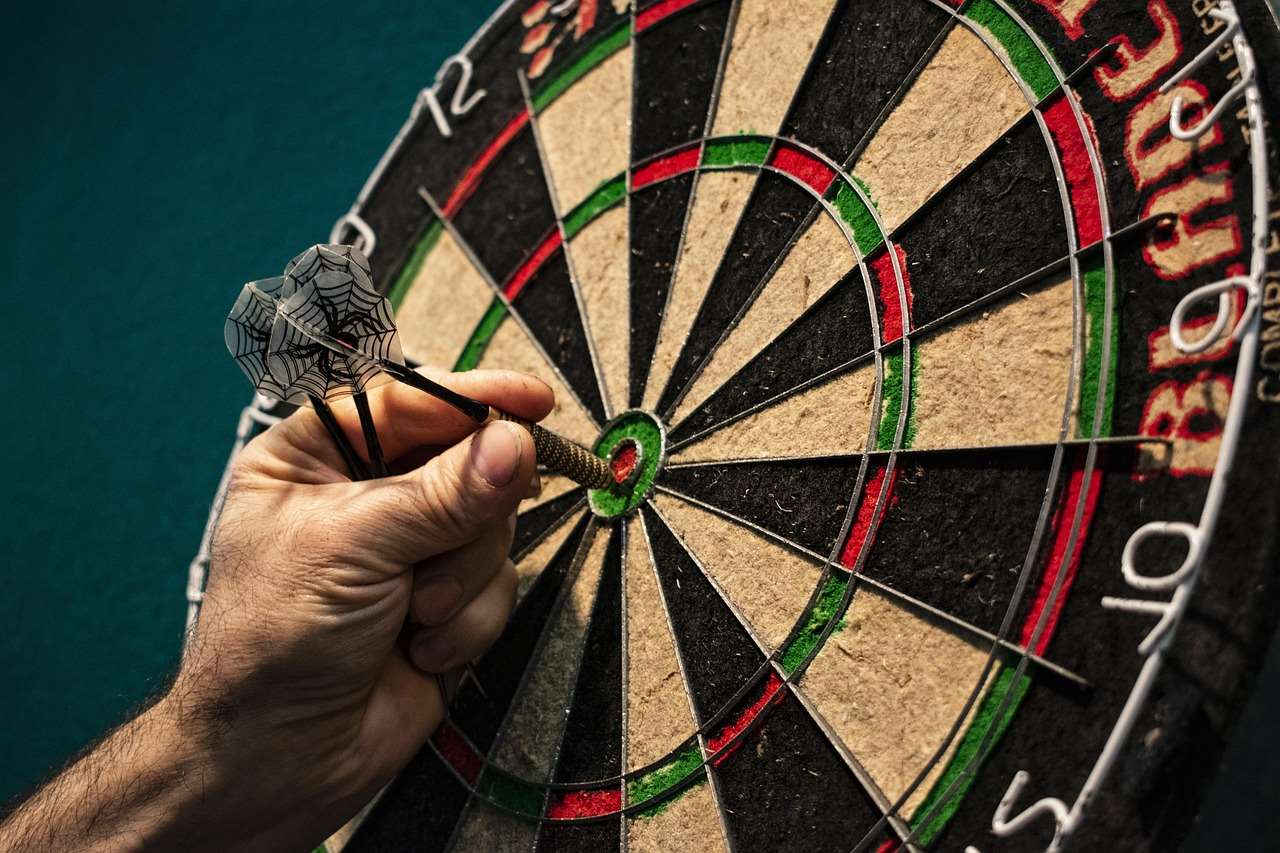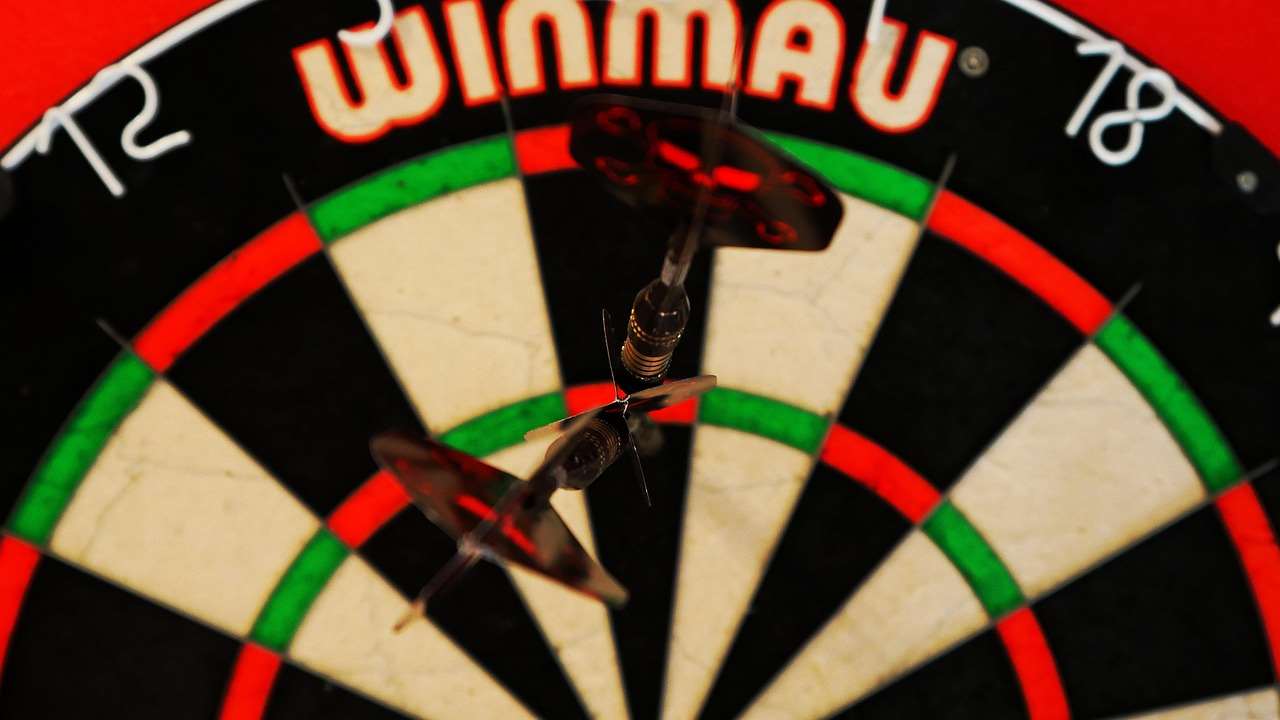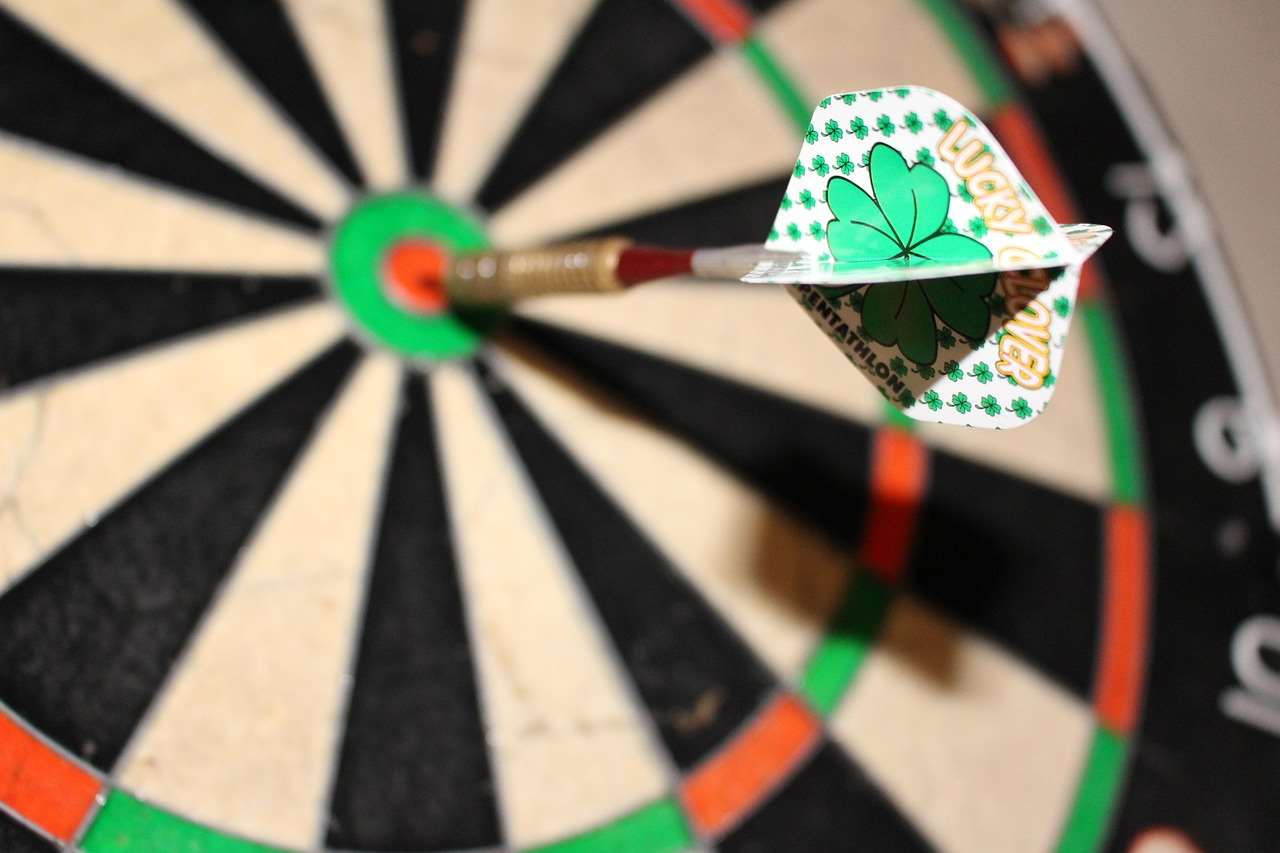Understanding the darts sponsorship agreement key terms is crucial for both sponsors and players to ensure a mutually beneficial relationship. This article breaks down the essential clauses and considerations within these agreements, giving you a comprehensive overview of what to expect.
⚠️ Still Using Pen & Paper (or a Chalkboard)?! ⚠️
Step into the future! The Dart Counter App handles all the scoring, suggests checkouts, and tracks your stats automatically. It's easier than you think!
Try the Smart Dart Counter App FREE!Ready for an upgrade? Click above!
Understanding the Essential Elements of Darts Sponsorship Agreement Key Terms
A darts sponsorship agreement is a legally binding contract between a sponsor and a dart player or darts organization. It outlines the responsibilities, rights, and obligations of each party involved. Careful consideration of all terms is vital before signing on the dotted line. These agreements can range from simple logo placements to comprehensive endorsement deals, influencing everything from a player’s equipment to their public appearances. For a deeper dive into the Business of Darts, explore the commercial aspects driving the sport’s growth.

Scope of the Sponsorship
This section defines exactly what is being sponsored. Is it a single player, a team, or an entire tournament? The scope must be clearly defined to avoid ambiguity. Key elements to specify include:
- Specific events or competitions covered: Listing specific tournaments is important.
- Geographic limitations: Does the sponsorship apply worldwide, or only in specific regions?
- Exclusivity: Does the player or organization have the right to secure other sponsorships, particularly from competing brands?
The clearer the scope, the less room there is for potential disputes down the line. Exclusivity clauses are frequently negotiated extensively, as they directly impact revenue streams for both parties.
Key Financial Terms in a Darts Sponsorship
The financial aspect is obviously a cornerstone of any sponsorship agreement. This section must explicitly detail the amount of financial support, the payment schedule, and any performance-based bonuses. Understanding these darts sponsorship agreement key terms is vital for both sides.
Payment Structure and Schedule
The agreement should clearly state the total value of the sponsorship and how the payments will be distributed. Common payment structures include:
- Upfront payment: A lump sum paid at the beginning of the agreement.
- Milestone-based payments: Payments triggered by specific achievements, such as reaching a certain ranking or winning a tournament.
- Recurring payments: Regular payments made on a monthly or quarterly basis.
The agreement should also specify the payment method (e.g., wire transfer, check) and the currency in which payments will be made.
Performance-Based Bonuses
Many darts sponsorships include performance-based bonuses to incentivize players. These bonuses might be tied to:
- Tournament wins: A bonus for winning a specific tournament or series of tournaments.
- Ranking achievements: A bonus for reaching a certain ranking in the professional standings.
- Television appearances: A bonus for appearing on televised darts events.
The criteria for triggering these bonuses should be clearly defined and measurable to avoid disputes.

Rights and Obligations of the Sponsor
The sponsor’s rights and obligations outline what the sponsor is entitled to receive in return for their financial support and what they are responsible for providing. This includes marketing rights, access to the sponsored player, and any specific obligations related to promoting the sponsorship. Consider how darts events hotel occupancy rate affects the potential reach for the sponsor’s brand.
Branding and Marketing Rights
Sponsors typically receive the right to use the sponsored player’s or organization’s name, likeness, and image in their marketing materials. The agreement should specify:
- Logo placement: Where the sponsor’s logo will appear (e.g., on the player’s shirt, on the dartboard, on promotional materials).
- Advertising opportunities: The right to use the player or organization in advertising campaigns.
- Social media promotion: Expectations for the player or organization to promote the sponsor on their social media channels.
The agreement should also address any restrictions on the sponsor’s use of the player’s or organization’s name and image. For example, the sponsor may be prohibited from using the player’s image in a way that is derogatory or misleading.
Access to the Sponsored Player or Organization
Sponsors often require access to the sponsored player or organization for promotional events, appearances, and other marketing activities. The agreement should specify:
- Number of appearances: The number of appearances the player or organization is required to make.
- Location of appearances: Where the appearances will take place.
- Duration of appearances: The length of each appearance.
The agreement should also address any compensation the player or organization will receive for making these appearances.
Rights and Obligations of the Player or Darts Organization
The player or darts organization also has specific rights and obligations under the sponsorship agreement. These typically involve upholding the sponsor’s brand image, actively promoting their products or services, and participating in agreed-upon promotional activities. These duties are integral to fulfilling the darts sponsorship agreement key terms.
Maintaining a Positive Public Image
Players and organizations are generally expected to maintain a positive public image and avoid any behavior that could damage the sponsor’s reputation. The agreement may include clauses addressing:
- Code of conduct: A set of rules governing the player’s or organization’s behavior.
- Moral turpitude clause: A clause that allows the sponsor to terminate the agreement if the player or organization engages in conduct that is considered immoral or unethical.
Sponsors want to associate themselves with individuals and organizations that represent their brand values in a positive light.
Promotional Activities and Endorsements
Players and organizations are typically required to actively promote the sponsor’s products or services. This may involve:
- Wearing branded apparel: Wearing clothing with the sponsor’s logo.
- Using sponsored equipment: Using dartboards, darts, or other equipment provided by the sponsor.
- Participating in promotional events: Attending events and making appearances on behalf of the sponsor.
The agreement should specify the specific promotional activities the player or organization is expected to undertake.

Term and Termination of the Agreement
The agreement should clearly state the duration of the sponsorship and the conditions under which it can be terminated by either party. This section is crucial for establishing the long-term commitment and defining the exit strategy if necessary. Understanding the darts sponsorship agreement key terms concerning termination is exceptionally important.
Agreement Duration
The agreement should specify the start and end dates of the sponsorship. Sponsorships can range from short-term agreements covering a single tournament to long-term partnerships lasting several years. It’s useful to understand how darts tourism boost local area occurs, which affects the desirability of longer sponsorships.
Termination Clauses
The agreement should outline the circumstances under which either party can terminate the agreement prior to its expiration date. Common termination clauses include:
- Breach of contract: If either party fails to fulfill their obligations under the agreement.
- Insolvency: If either party becomes insolvent or goes bankrupt.
- Force majeure: If an unforeseen event (e.g., a natural disaster) makes it impossible for either party to fulfill their obligations.
- Material Adverse Change: If a circumstance arises that significantly and negatively impacts the ability to execute the agreement.
It’s also common to include a clause allowing either party to terminate the agreement for convenience, subject to a notice period.
Intellectual Property Considerations
Sponsorship agreements often involve the use of intellectual property, such as trademarks, logos, and copyrights. The agreement should clearly define who owns the intellectual property and how it can be used. This aspect of darts sponsorship agreement key terms is becoming more important as brand protection gets more sensitive.
Ownership of Intellectual Property
The agreement should specify who owns the trademarks, logos, and copyrights associated with the sponsored player or organization and the sponsor’s brand. Typically, each party retains ownership of their own intellectual property.
Usage Rights and Restrictions
The agreement should define how each party can use the other party’s intellectual property. For example, the sponsor may be granted the right to use the player’s or organization’s logo in its marketing materials, subject to certain restrictions. The agreement should also address any restrictions on the player’s or organization’s use of the sponsor’s intellectual property. Reviewing examples of how how darts events help pubs bars use sponsor logos is valuable.

Dispute Resolution
The agreement should include a clause outlining the process for resolving disputes that may arise between the parties. This can save significant time and money if disagreements arise.
Mediation and Arbitration
Common dispute resolution methods include mediation and arbitration. Mediation involves a neutral third party helping the parties reach a settlement. Arbitration involves a neutral third party making a binding decision that the parties must follow.
Governing Law and Jurisdiction
The agreement should specify the governing law that will be used to interpret the agreement and the jurisdiction in which any legal proceedings will be brought.
Confidentiality Clauses
Sponsorship agreements often contain confidential information, such as financial terms and marketing strategies. A confidentiality clause protects this information from being disclosed to third parties. This is a standard part of most darts sponsorship agreement key terms.
Scope of Confidentiality
The agreement should define what information is considered confidential and the obligations of each party to protect that information. This typically includes financial details, business strategies, and other sensitive information.
Exceptions to Confidentiality
The agreement may include exceptions to the confidentiality clause, such as information that is already publicly available or information that is required to be disclosed by law.

Conclusion
Navigating the intricacies of darts sponsorship agreement key terms can be complex, but understanding these fundamental elements is crucial for establishing successful and mutually beneficial partnerships. By carefully reviewing the scope, financial terms, rights and obligations, termination clauses, intellectual property considerations, dispute resolution mechanisms, and confidentiality provisions, both sponsors and players can protect their interests and foster a productive relationship. Before signing any agreement, it’s always advisable to seek legal counsel to ensure that all terms are fair, reasonable, and aligned with your specific goals. Take the time to research the potential darts impact local economy study information so you can make an informed decision. Are you ready to elevate your darts career or brand through strategic sponsorship? Reach out to legal professionals today to ensure your next darts sponsorship agreement is a winning one.
Hi, I’m Dieter, and I created Dartcounter (Dartcounterapp.com). My motivation wasn’t being a darts expert – quite the opposite! When I first started playing, I loved the game but found keeping accurate scores and tracking stats difficult and distracting.
I figured I couldn’t be the only one struggling with this. So, I decided to build a solution: an easy-to-use application that everyone, no matter their experience level, could use to manage scoring effortlessly.
My goal for Dartcounter was simple: let the app handle the numbers – the scoring, the averages, the stats, even checkout suggestions – so players could focus purely on their throw and enjoying the game. It began as a way to solve my own beginner’s problem, and I’m thrilled it has grown into a helpful tool for the wider darts community.